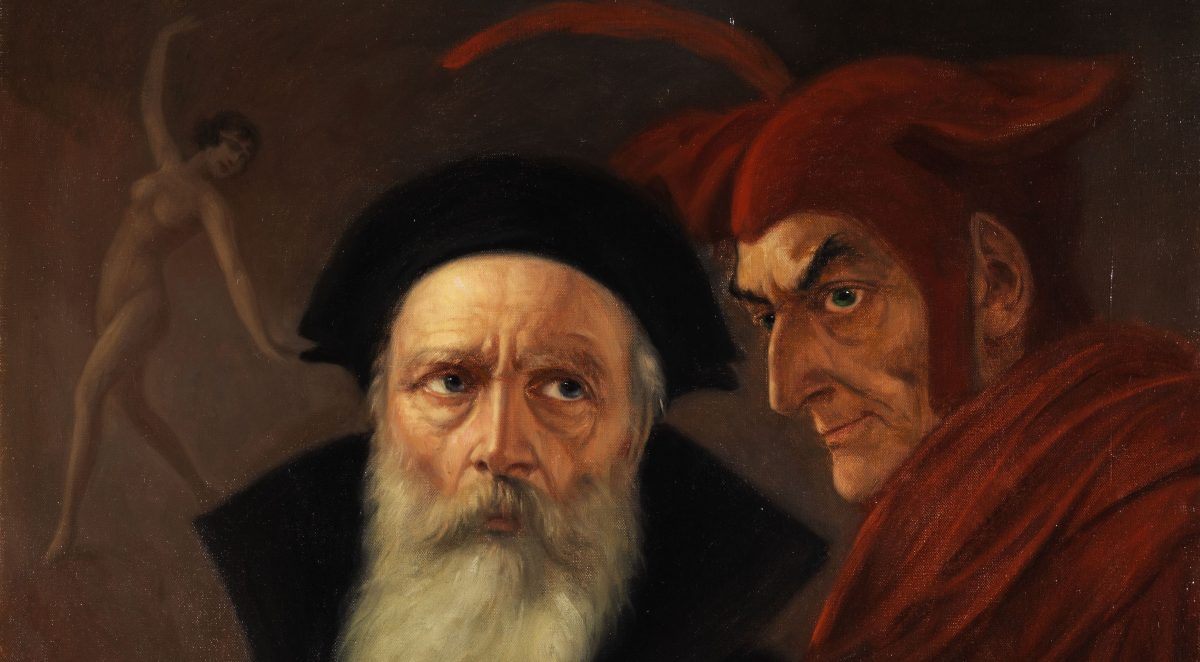Imagine I offered you a potion that would give you super-powers to control other people, to bend them to your will. You could use this power however you wanted – for good or ill. You could quit your job, stay in a fancy hotel dining on caviar and champagne and have as much amazing sex as you want. You could help your friends and hurt your enemies. You could use your powers to make the world a better place, ending poverty and hunger and halting environmental destruction.
Would you take the potion?
What if I told you that there was a catch – that the potion works by changing your DNA so that you no longer were fully human. It would change the things you care about – your value system – in ways that are unpredictable. Your relationships with all the people you care about – your family and close friends – would change. There’s a strong probability that they would become less important to you and you could never be sure whether the people in your life really cared for you or if they were just interested in your power. There’s a strong chance that the things you think you would use this power for would not actually be the things you use it for. And the more potion you take, the less your values will be your own human values and the more they will reflect the agenda of the potion – whatever that is.
Would you take the potion then?
This scenario of mine is a variation of the Faust myth – a deal with the devil which gives us worldly success but costs us our soul. One of my favourite sci-fi series – The Gap books by Stephen Donaldson – also riffs on this theme with humans encountering an alien species whose entire culture and technology revolves around manipulating DNA, offering humans great power – even power over death – at the cost of surrendering their humanity.
The potency of the Faust myth is that it reflects a psycho-spiritual truth about our relationship to money and power. We may want power to do good things, but the pursuit of power and money is at great risk to our soul and often changes us in ways that are harmful.
In our present world the physical embodiment of power is money. This is more true now than at any previous time in history. Politicians have less and less real power. Wealth increasingly buys anything it wants, including political power.
We need to start thinking of money as a psycho-active substance that messes with our minds and changes our values in ways that may be harmful.
Like alcohol or caffeine, money is relatively harmless in moderate amounts. It’s a useful tool for exchanging our time and labour for things we need, like food, clothing, shelter and transport. We probably think of money in terms of coins and notes which we store in a bank and can take out to exchange for things we need and want. At this level its biggest psychoactive impact is to link our survival needs (and therefore our attention) to money instead of relationships. Indigenous and tribal cultures which did not use money focused instead on relationships with each other, with spirits, and with the natural world of plants, birds and animals, earth, water, wind and fire, which provide everything needed to survive.
Humans are social animals. To be fully human is to belong together with other humans in family, in community. To be fully human is also to belong in relationship with the natural world. There is now a large body of research telling us what we know instinctively – that we feel better, happier, more alive when we are in nature and when we have people in our lives who we can count on for support.
In moderate amounts, we can have the best of both worlds: We can have the ease and convenience of money to meet our material needs while also staying true to what is in our DNA – connection, love, family, friends and nature.
But all too easily that balance can get lost and the relational side of our human nature can be sacrificed in the pursuit of money. Trauma can play a part in this, but so can the addictive nature of money itself. The more people have, the more their values seem to change and the less connected they seem to be to ordinary people and to nature. All too often we see people use and manipulate others in the pursuit of money and using and abusing the natural world – the fragile ecosystems upon which our collective survival depends.
If it was a drug, we would make money a controlled substance. We would recognise that when people become addicted to money, the impacts on society are every bit as ruinous as crack or meth.
Instead we have a mainstream culture that glorifies wealth. Billboards everywhere are like drug pushers on street corners selling their lies and illusions. Like the devil tempting Faust – all this can be yours – pleasure, security, power to do good or evil! All it will cost you is your soul.





